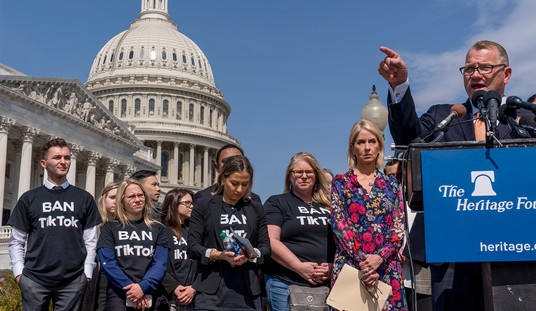Watching the news coming out of Mississippi this week, I’m starting to feel slightly prescient. Back when the news had just broken about outgoing Governor Haley Barbour’s decision to issue a huge number of pardons, I penned a column on the subject which included my having taken a quick look at the state constitution and finding an unusual caveat regarding the governor’s powers.
That question seems rather strange, though. I looked up the applicable portion of the Mississippi State Constitution (see Section 124) and it reads – in part – as follows:
…and in cases of felony, after conviction no pardon shall be granted until the applicant therefor shall have published for thirty days, in some newspaper in the county where the crime was committed, and in case there be no newspaper published in said county, then in an adjoining county, his petition for pardon, setting forth therein the reasons why such pardon should be granted.
So it seems to me, at least assuming the Governor’s office carried through and made sure this was done, that people did have an opportunity to comment. And if he didn’t make sure that public notification was made, there may be some remedy available through the courts to challenge some of these pardons and send them back for consideration by the new governor.
Well, sure enough, the case is coming before the courts and it’s precisely on those grounds that they are seeking to undo Barbour’s actions.
The court is expected to be asked Thursday to rule as quickly as possible – so both the inmates and crime victims and their families can have closure.
Attorney General Jim Hood contends that if the people who received pardons from Barbour didn’t run ads in daily papers every day for 30 days, or weekly newspapers once a week for five weeks, the pardons are invalid under the state constitution.
The Supreme Court is not expected rule Thursday.
Just because they’re hearing the case today, there is no reason to expect an immediate ruling. But no matter how it turns out, this one should provide interesting fodder for constitutional scholars and lawyers around the country for many years to come. In most cases, the power of governors – or the President – to grant pardons is largely seen as untouchable. Mississippi is one of only a handful of states where any restrictions are placed on the power at all. But if the legislature, with the backing of an enraged public, can manage to tie the governor’s hands in this case it will set a compelling precedent.
This could set the stage for other changes, not so much at the federal level, but across the various states. It’s considerably easier to get an amendment through to a state constitution than to that of the United States of America. Will voters express a desire to reign in the executive branch in other states and, seeing the success of the folks in Old Miss, move to create new amendments of their own?








Join the conversation as a VIP Member